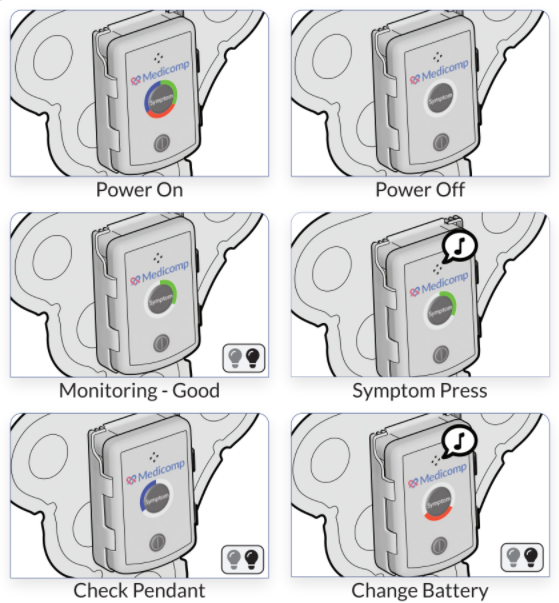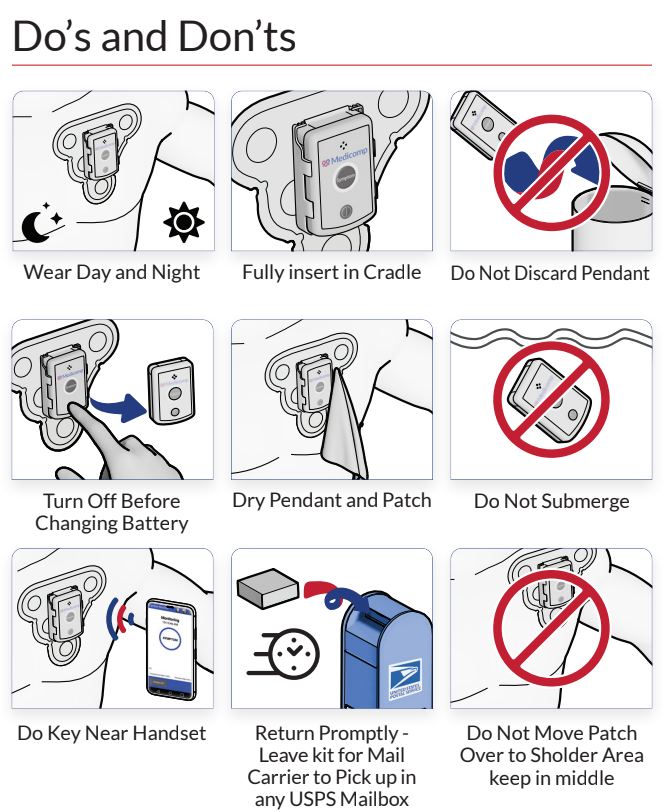Talking to distraught family members about the possibility of their loved one donating organs is not an easy task. As the primary care physician, begin the conversation well in advance while the patient is in good health. ReactDx, the ambulatory cardiac monitor company, has several suggestions on how to gently guide your patients through the process of first thinking about, then acting on the idea of donating their organs to those in need.
Organ donation is a critical factor linked to saving the lives of countless individuals. From corneal implants to heart transplants, the preservation of life through the act of organ donation has the potential to positively impact dozens of individuals. Transplant lists are long, and waits can drag on for decades as patients succumb to poorer and poorer health. When an otherwise healthy individual passes away because of an accident, for instance, that person’s organs can help someone see, breathe more easily, or filter blood without the use of dialysis. Many patients believe organ donation will disfigure their body when they want an open casket funeral, while others have religious beliefs that the body must be whole upon death. Other individuals are simply suffering from lack of information. Your role is to fill that gap to help these patients understand their role in saving the lives of others if their lives end prematurely.
Organ Procurement Organizations
First, assure the patient that his or her organs will be donated through organ procurement organizations (OPOs), not through the hospital or any network of doctors. No money is exchanged for the organs donated, and only healthy organs are transplanted. The OPOs have the final decision on which organs can be utilized and will be the point of contact for family members when the patient passes.
Define Organ Donation
Help the patient understand that the term “organ donation” includes tissues and corneas as well as the body’s main organs. Donated organs may include muscles and bones as well as skin.
Saving Lives
Alleviate the patient’s fears by telling him or her all recipients are tested thoroughly to ensure the transplanted organs will not be rejected and donated organs have a very good chance of successful transplantation.
Unreceptive Patients
If a patient is not receptive to organ donation, do not press the issue. Mention it in follow-up visits as a simple, “Have you changed your mind about organ donation since the last time we met?” Time may be the decisive factor on whether a patient chooses organ donation.
While discussing organ donation is never an easy task, it can be simpler. The ability to talk to a patient’s family and tell them their loved one wishes to be an organ donor is much easier than asking if that person would like to donate organs. Help yourself and the grieving family by discussing organ donation with each patient at their primary appointment or as soon as possible for established patients. Learn more about patient care and the latest in ambulatory cardiac monitors by contacting ReactDx online or at 800-23-HEART.



